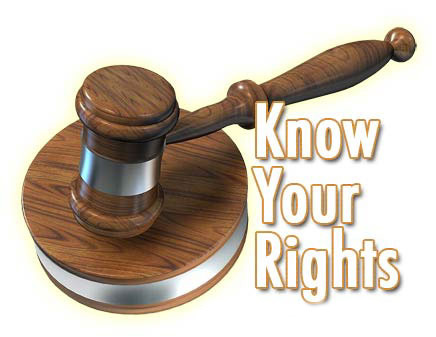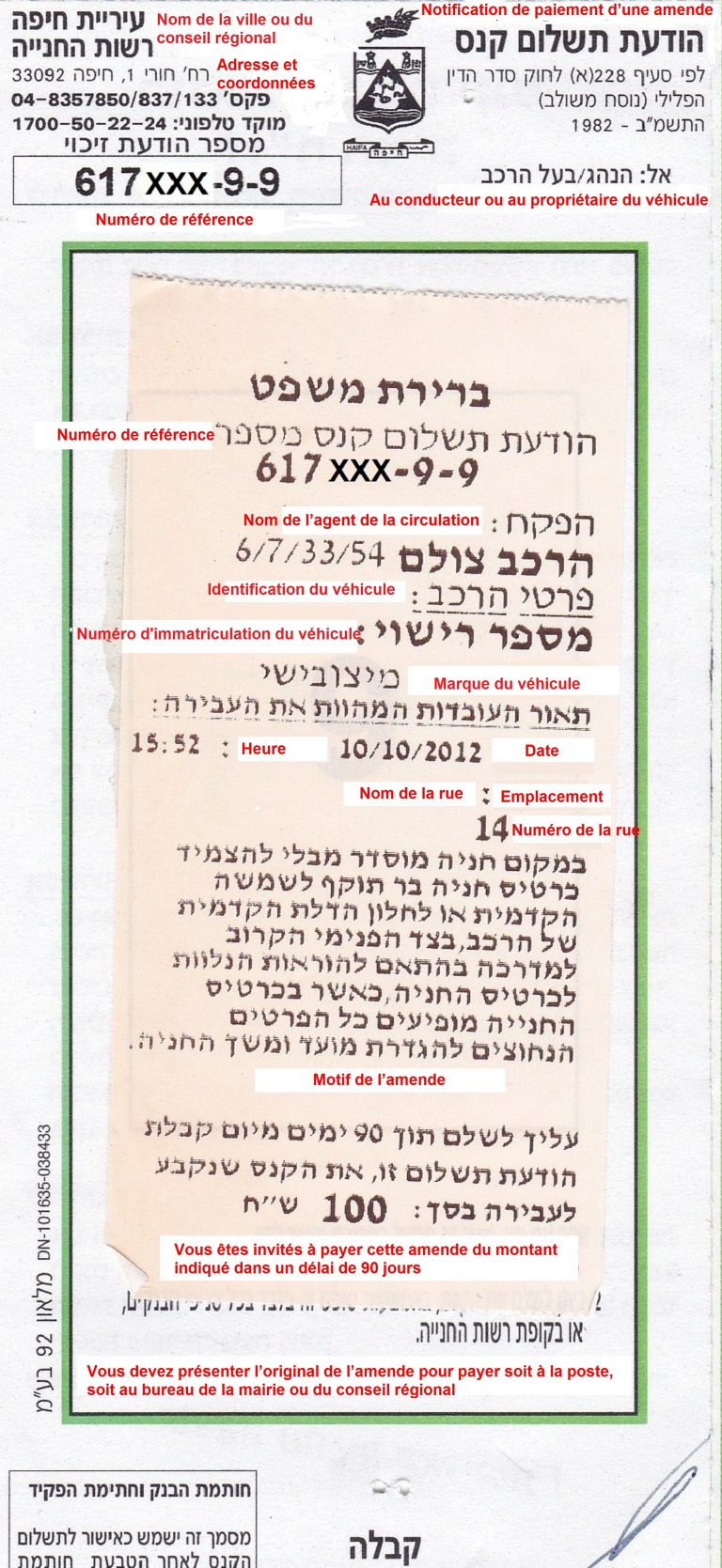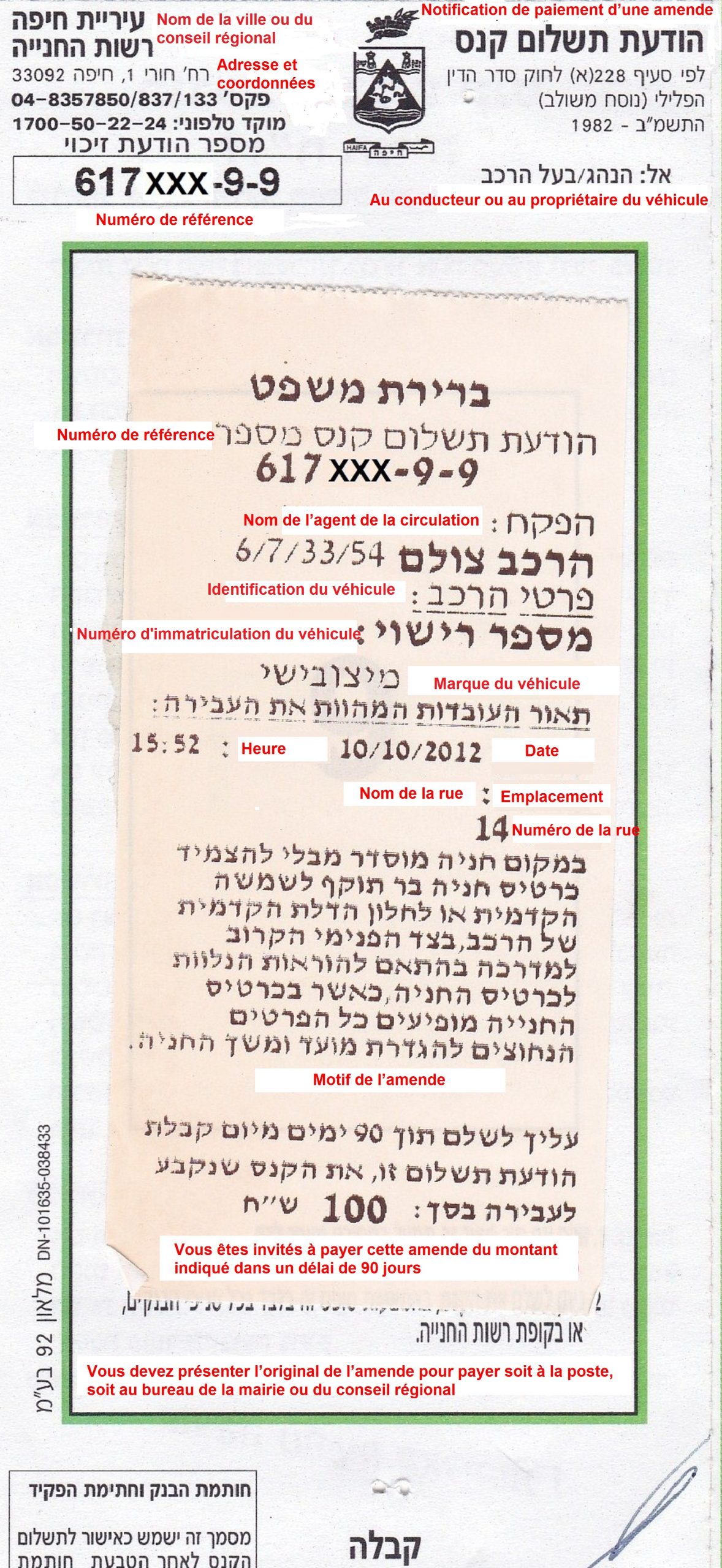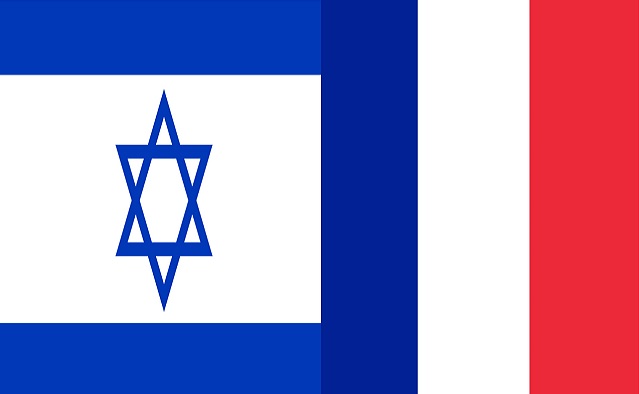Getting a divorce in Israel.
According to 2012 statistics, around 35% – 40% of Jewish marriages in Israel end in divorce. The newspaper “Haaretz” reported in February 2014, that the highest concentration of divorces in Israel was in Jerusalem, followed by Tel Aviv, Haifa, Rishon Le Zion and then Netanya.
In Israel it can be difficult accessing practical English information so we put together a series of articles on marriage and divorce that explain in simple terms, how the entire process works in this country.

The Rabbinical Court & The Family Court
While in most western countries the authority to judge matters relating to separation and divorce is in the hands of the Family Court, in Israel there are two parallel instances who are authorized to judge issues involving divorce between a Jewish couple: ; The the Rabbinical Court and the Family Court.
Both legal systems; the Rabbinical and Family Courts, have authority to deal with most matters involved in divorce, mainly including: the issue of custody of the children, the communication arrangements and visitations with the parent who isn’t custodian, maintenance for the wife and the division of property at the time of separation.
The legal system that which will judge the dispute is fixed according to where the issue was first petitioned. In this way a situation is created if one of the spouses pre-empted and petitioned the Rabbinical Court. In that case, then the Dayanim (Rabbinical Judges) have the authority to judge the issues, so the legal system that tries the case is the one which was first approached. To all intents and purposes even if the time which has elapsed between the petitions is only a few hours, that system which was first approached is the one which handles the case.
It is to be emphasized that the nature of deliberations of the Israel Family Court is different from that of the Rabbinical Court, especially everything relating to the judging authorities. While in the Family Court a judge has an academic legal education as a jurist, which in most cases is secular or traditional, in the Rabbinical Court the judges and Rabbis, graduates of yeshivot (religious academies), are mostly from amongst the ultra-orthodox community and mostly without any academic legal degree.
The nature and world outlook of Rabbinical judges very often influences the outcome of the legal process. At the same time it’s it is important to note that Rabbinical Judges are also subject to the secular law customarily followed in Israel and they are obliged to follow the civil law in making their judgments.
Division of Property & Assets
The customary law followed in Israel regarding division of property is an equal balance of the property accumulated in the course of the couple’s married life. This ruling was adopted in a legislation in the framework of a legal system known as joint legislation and is fixed by the law of monetary relationships between spouses, which asserts that the property which accumulated in the course of the married life will be divided equally between the spouses. This applies even when property or part of it is registered in the name of only one of the spouses.
A decision in accordance with this law was given by a court of highest instance (Bagatz) (1000 92 bavli 50 (נ’) of the High Rabbinical Court). In this legislation the Judge Aharon Barak, fixed that the matter of the joint property of the couple is in conflict with the religious law, in the matter of joint property of a couple – the civil law prevails and the Rabbinical Court is obliged to follow the civil law in the matter of the joint property of a couple. The same civil legislation is the legislation of unity – legislation that asserts that in spite of the religious law which allocates rights of the woman only in terms of her “Ketuba” (religious marriage contract), by force of the implied agreement, and also by force of the principles of justice, honesty and fair play, the woman must receive half of the husband’s property at the time of dissolution of the marriage. This is because in reality, even though the property wasn’t registered in her name, she contributed by her work in the home and raising the children.
It’s It is important to note that in spite of everything the character of the judging Rabbis definitely influences their attitude to the conflict at hand and the final decision which they arrive at.
Prominent examples of this area to be seen in issues of guilt in divorce, such as divorce because of adultery; while the regular court will make it perfectly clear that there isn’t any relevance to this allegation, it is the practice not to allow it to influence the outcome of the process, the Rabbinical Court will take a very serious view of adultery, despite the fact that they are subject to civil law, as previously stated.
The attitude to the guilty spouse will be much less tolerant and is certainly likely to influence the outcome of the process. Also it is important to emphasis, in many occasions, one can be favorably surprised at the approach of Rabbinical Judges, which in many cases is more efficient than the approach of the regular court.
Do I need a lawyer to get divorced in Israel?
It is important to be represented by a lawyer skillful skilled in his profession who knows how to bring the issue for judgment to both the Rabbinical and the regular/family court.
The character and the style of the representation before the judicial system judging the case, his legal professionalism and his competence in presenting the case are critical to its success and to arriving at the best result for the client.











